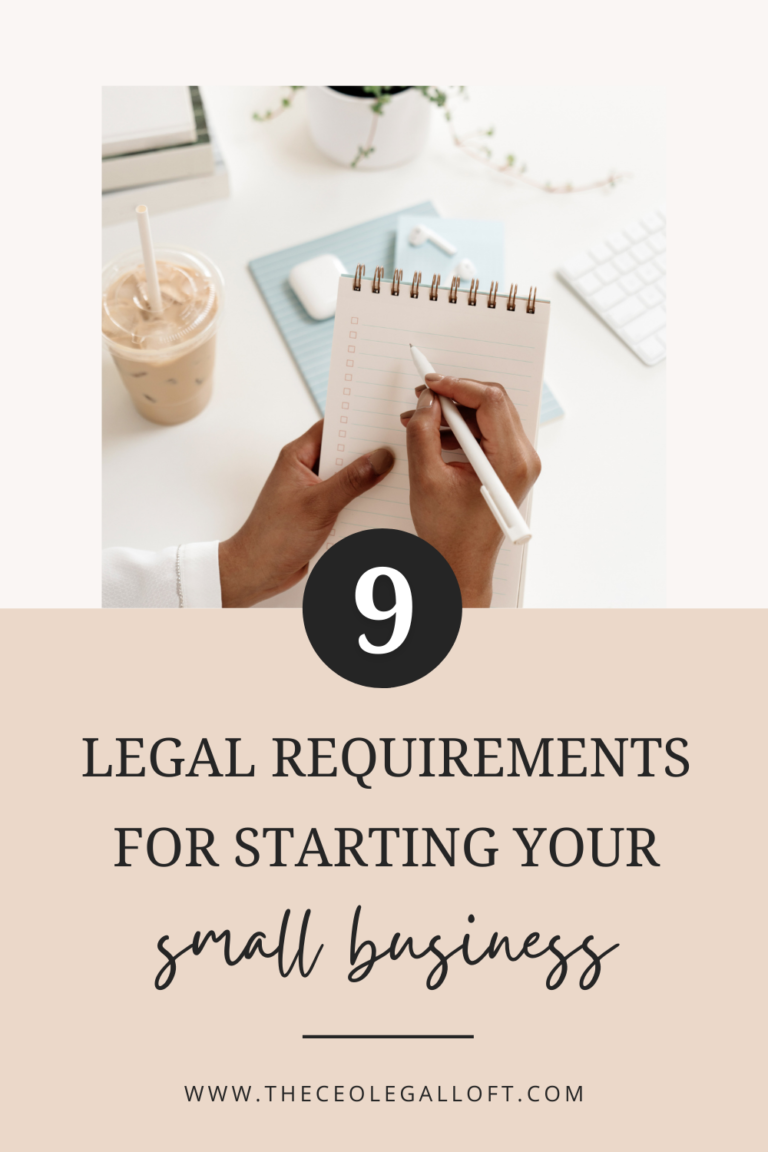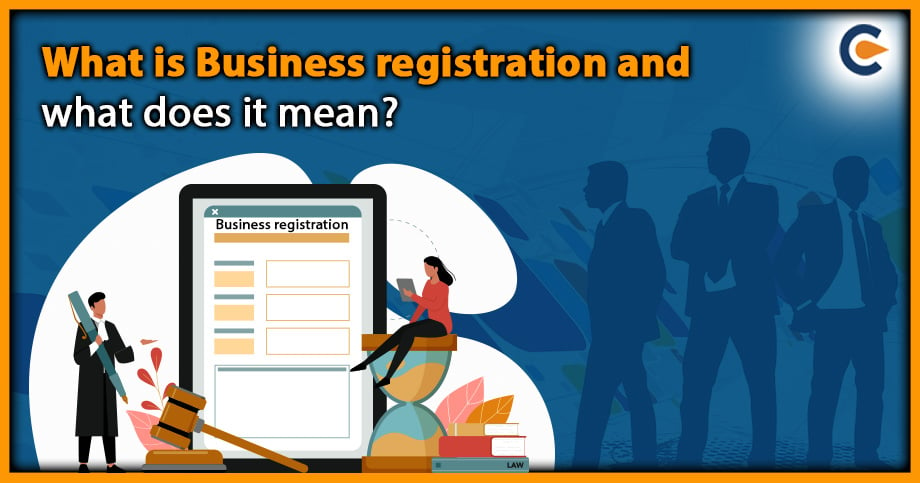
Starting a business is like embarking on a thrilling adventure—full of excitement, challenges, and endless possibilities. However, just like any great adventure, it requires careful planning and preparation. One of the most critical aspects of this preparation is ensuring that you meet all the legal requirements for starting a business. Navigating the complexities of business registration, legal compliance, and startup regulations can seem daunting, but with the right guidance, it can be a smooth and rewarding process. In this article, we'll walk you through the essential steps to ensure your startup is legally sound from the get-go.
Understanding the Legal Landscape
Before diving into the specifics, it's crucial to understand the legal landscape you'll be navigating. Legal requirements for starting a business vary by location, industry, and business structure. Whether you're launching a tech startup in Silicon Valley or a local bakery in a small town, you'll need to comply with federal, state, and local regulations. This includes everything from business registration to obtaining the necessary business licenses and permits.
Researching Your Industry's Regulations
Every industry has its own set of regulations and compliance requirements. For example, if you're starting a food business, you'll need to adhere to health and safety standards set by the FDA. On the other hand, a tech startup might need to comply with data protection laws like GDPR or CCPA. Conducting thorough research on your industry's specific regulations is the first step in ensuring legal compliance.

Choosing the Right Business Structure
One of the earliest decisions you'll make is choosing the right business structure. This decision will impact your legal requirements, tax obligations, and personal liability. Common business structures include:
- Sole Proprietorship: Simple and easy to set up, but offers no separation between personal and business assets.
- Partnership: Similar to a sole proprietorship but involves two or more owners.
- Limited Liability Company (LLC): Provides personal liability protection and flexible tax options.
- Corporation: Offers the strongest protection for personal assets but comes with more complex legal and tax requirements.
Each structure has its own advantages and disadvantages, so it's essential to choose the one that best fits your business goals and needs.
Registering Your Business
Once you've chosen your business structure, the next step is to register your business. This process involves several key steps:
Selecting a Business Name
Choosing a business name is more than just a creative exercise; it's a legal requirement. Your business name must be unique and not already in use by another company. You can check the availability of your desired name through your state's Secretary of State website. Additionally, you may want to conduct a trademark search to ensure your name doesn't infringe on existing trademarks.
Filing the Necessary Paperwork
Depending on your business structure, you'll need to file specific documents with your state. For an LLC, this typically involves filing Articles of Organization. For a corporation, you'll need to file Articles of Incorporation. These documents formally establish your business and provide essential information such as your business name, address, and the names of your owners or directors.
Obtaining an EIN
An Employer Identification Number (EIN) is a unique nine-digit number assigned by the IRS to identify your business for tax purposes. Even if you don't plan to hire employees, an EIN is often required for opening a business bank account and filing tax returns. You can apply for an EIN directly through the IRS website.
Navigating Business Licenses and Permits
Obtaining the necessary business licenses and permits is a crucial step in ensuring legal compliance. The types of licenses and permits you need will depend on your industry, location, and business activities. Here are some common licenses and permits you might need:
General Business License
Most businesses require a general business license to operate legally. This license is typically issued by your city or county and ensures that your business complies with local regulations.
Industry-Specific Licenses
Certain industries require specialized licenses. For example, if you're opening a restaurant, you'll need a food service license. If you're starting a construction company, you'll need a contractor's license. Researching the specific licenses required for your industry is essential.
Sales Tax Permit
If you plan to sell products or services, you'll need a sales tax permit. This permit allows you to collect sales tax from your customers and remit it to your state. The requirements for a sales tax permit vary by state, so be sure to check your state's specific guidelines.
Ensuring Legal Compliance
Meeting legal requirements for starting a business doesn't end with registration and licensing. Ongoing legal compliance is essential to avoid fines, penalties, and potential legal issues. Here are some key areas to focus on:
Employment Laws
If you plan to hire employees, you'll need to comply with various employment laws. This includes understanding and adhering to labor laws, wage and hour regulations, and anti-discrimination laws. The U.S. Department of Labor provides comprehensive resources on employment laws and regulations.
Corporate Law
Understanding corporate law is crucial for ensuring legal compliance. This includes adhering to corporate governance requirements, such as holding annual meetings, keeping accurate records, and filing annual reports. The American Bar Association offers valuable resources on corporate law and governance.
Intellectual Property Protection
Protecting your intellectual property is essential for safeguarding your business ideas and innovations. This includes understanding and utilizing trademarks, patents, and copyrights. The U.S. Patent and Trademark Office provides detailed information on intellectual property protection.

Data Privacy and Security
In today's digital age, data privacy and security are critical concerns. Ensuring that you comply with data protection laws, such as GDPR and CCPA, is essential for protecting your customers' data and maintaining their trust. The National Institute of Standards and Technology (NIST) offers guidelines on data privacy and security.
Seeking Professional Guidance
Navigating the legal requirements for starting a business can be complex and overwhelming. Seeking professional guidance from a business attorney or legal advisor can provide valuable insights and ensure that you're on the right track. A legal professional can help you understand the specific regulations that apply to your business, assist with filing the necessary paperwork, and provide ongoing support to ensure legal compliance.
Conclusion
Starting a business is an exciting journey filled with opportunities and challenges. Ensuring that you meet all the legal requirements for starting a business is a critical step in setting your venture up for success. From choosing the right business structure to obtaining the necessary licenses and permits, each step plays a vital role in establishing a legally sound foundation.
Remember, legal compliance is an ongoing process. Staying informed about changes in regulations and seeking professional guidance can help you navigate the complexities of corporate law and ensure that your business thrives. So, are you ready to take the plunge and turn your business dream into a reality? The world of entrepreneurship awaits, and with the right preparation, you can confidently embark on this rewarding adventure.
FAQs
What is the first step in meeting legal requirements for starting a business? The first step is to understand the legal landscape and research your industry's specific regulations. This includes federal, state, and local requirements.
How do I choose the right business structure? Choosing the right business structure depends on your business goals, tax obligations, and personal liability preferences. Common structures include sole proprietorship, partnership, LLC, and corporation.
What is an EIN, and why is it important? An EIN is an Employer Identification Number assigned by the IRS to identify your business for tax purposes. It is essential for opening a business bank account and filing tax returns.
What are some common business licenses and permits I might need? Common licenses and permits include a general business license, industry-specific licenses, and a sales tax permit. The specific requirements vary by industry and location.
How can I ensure ongoing legal compliance for my business? Ensuring ongoing legal compliance involves understanding and adhering to employment laws, corporate governance requirements, intellectual property protection, and data privacy regulations. Seeking professional guidance can also be beneficial.
Posting Komentar